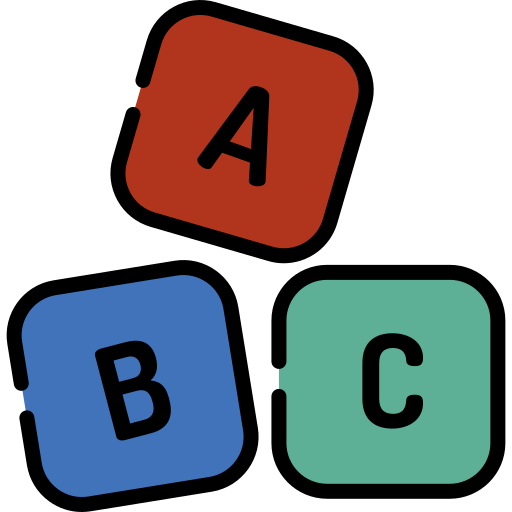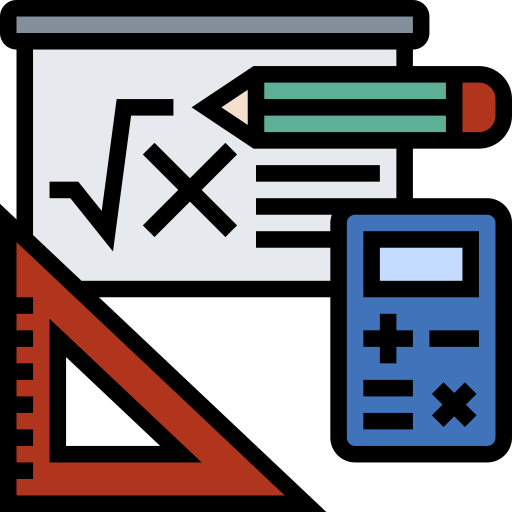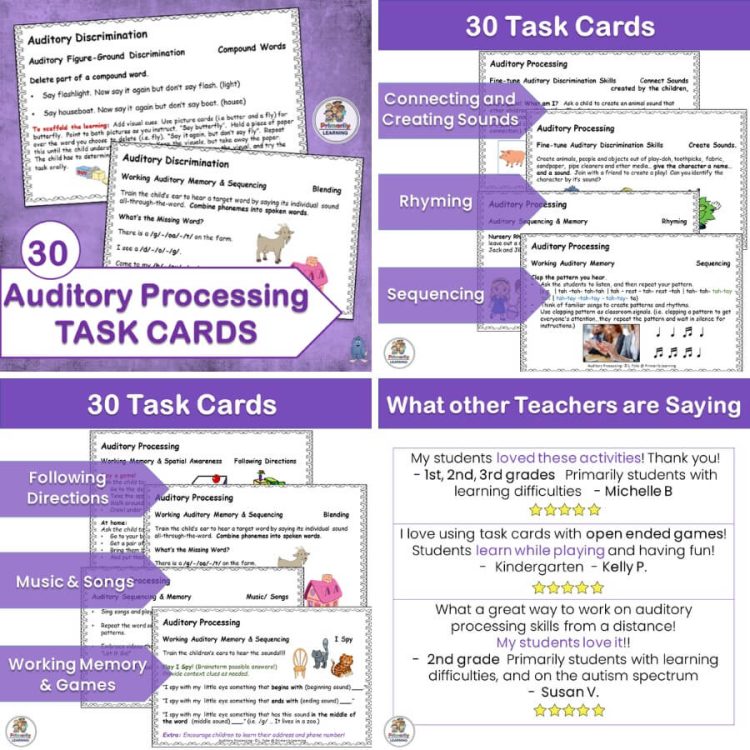Sharing is caring!
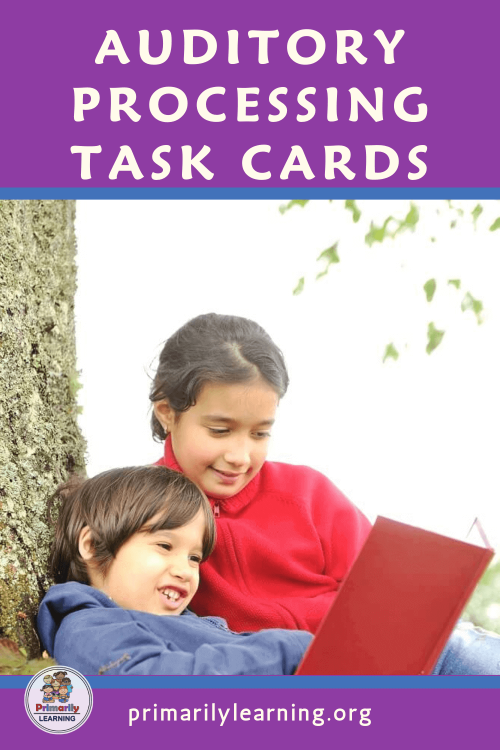

Check out these Practical Auditory Processing Ideas!
What is Auditory Processing?
Auditory Processing and Visual Discrimination are foundational building skills for learning to read and write.
At 8 months of age, my granddaughter knows the sound of a phone ringing. She smiles when she hears a familiar voice. She even checks to see a familiar face when the doorbell rings.
During an outdoor walk, my 2-year-old grandson stops when he hears the sound of a “digger” or a “plane.” He makes the sound of a dog barking.
Children begin to connect something they hear to an action, animal, person, or event.
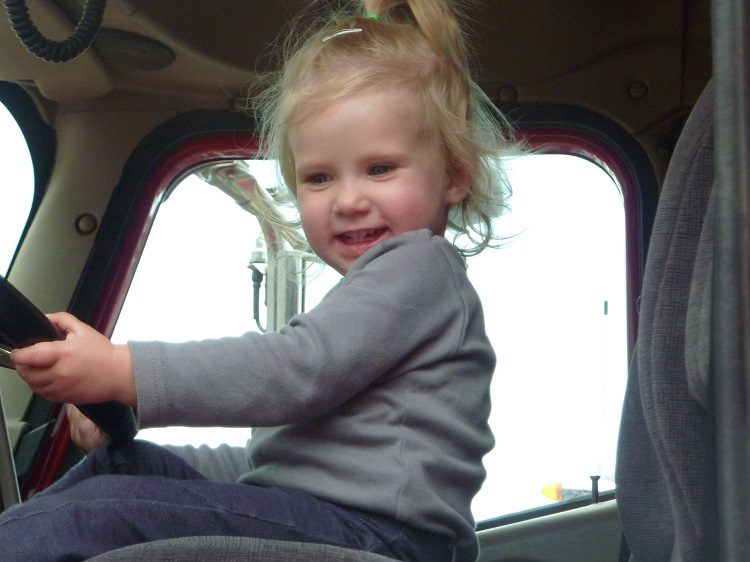
Each child is different!
Each child is different. Children develop at varying rates. You will notice some children quietly observing the world around them while other children are determined and complete tasks.
Likewise, some children will quickly understand and enjoy an activity, while others need more practice. Some children are bold and daring, while others are shy and cautious.
Remember to provide numerous and varied learning opportunities. Children do not all learn at the same time or in the same way.

From the time our children are babies, we seem to draw their attention to environmental sounds naturally. We are developing their auditory processing skills.
- “The doorbell is ringing.”
- “Do you hear mommy’s footsteps?”
Auditory Processing Ideas: Create Sound Containers

Make Sound Shakers!
Put varying items in recycled small plastic juice bottles that have twist tops.
- Wash the containers.
- Collect items to place in each container. (e.g., rice, corn, sand, dried beans, pull tabs, pebbles)
- Fill two containers to the same level (e.g., 1/2 full, 1/4 full) with the same item.
- Hot glue the lids onto the containers.
- Use a colored marker to place matching dots on the bottom of the two containers that make the same sound.
- Repeat for other containers with different items.
Activities for the Sound Containers:

- Shake the containers to hear different sounds and then try to match two that are the same.
- Shake your container to the beats of the music as you sing a familiar song.
- Demonstrate shaking patterns. Ask your child to copy a pattern. (e.g., | ♪ ♪ ♪ ♪ | ♪ ♪ ♫ ♪ | ♫ ♫ ♫ ♪ |
- Shake your containers to the rhythm of familiar songs.
Try this!
- In a classroom, create three groups of children.
- Hand out similar containers to each group (e.g., containers filled with sand, beans, coins)
- Create a soundscape!
- Suggest a rhythm for each group, and then direct the children on when to play.
- The children are following both oral and visual directions!
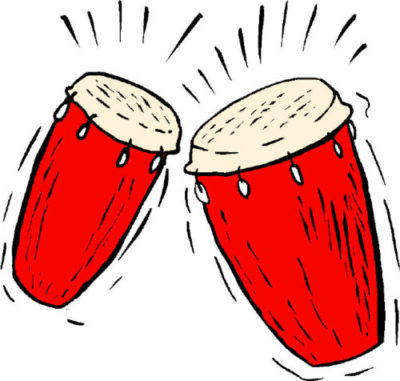
Or this Auditory Skill:
- Wrap a piece of paper around the outside of several pairs of containers that have the same sound.
- Place the bottles at a center, and ask the children to find the pairs that match the sound.
- They have to LISTEN CAREFULLY to find containers filled to the same level with the same material.
Find more “at your fingertips” ideas to develop Auditory Awareness, Discrimination, and Memory Skills with these 30 Amazing Task Cards!
What is Working Auditory Processing and Memory?
Auditory Processing: Why is this important for Reading?
Definition: Auditory Processing is the ability to hear the difference in a sound. Initially, your child identifies similarities and differences with environmental sounds (e.g., animal sounds, the doorbell). After learning about sound, eventually, the child can hear the difference between words or letters (e.g., fan & van; /b/ & /p/; or /f/ & /v/). Finally, children learn to hear and identify different speech sounds and sequence them into meaningful words and phrases.
Auditory processing and working memory are important skills for both reading and writing.
The child needs to hear the sounds, remember the sequence, and then blend the sounds to discover the word. (i.e., c-a-t =cat READING). He needs to be able to listen to the word and separate the individual sounds. (i.e. monster = m-o-n-s-t-er WRITING)
With good decoding skills, it takes less effort to read words in a story. Add prior knowledge or discussion about a new topic, and reading comprehension skills improve.
Auditory Processing: Auditory Discrimination
Auditory Discrimination is the ability to hear, identify, compare and contrast similarities and differences in individual sounds that create words. (i.e., seventeen and seventy)
Auditory Processing: Auditory Figure-Ground Discrimination
Auditory Figure-GroundDiscrimination is the ability to pick out important sounds from a noisy background and stay focussed on the task at hand. This is especially important in a classroom environment, for instance, following directions.
Auditory Processing: Auditory Memory
Auditory memory skills include remembering something that was heard a long time ago or recalling recent information. For example, people’s names, telephone numbers, address, recalling stories or songs, following multi-step directions.
Auditory Processing: Auditory Sequencing
Auditory Sequencing is the ability to understand and recall the order of words or numbers. It is an important skill for language comprehension. For instance, confusing the numbers 269 and 296, recording a word like ‘planet’ as ‘panlet.’
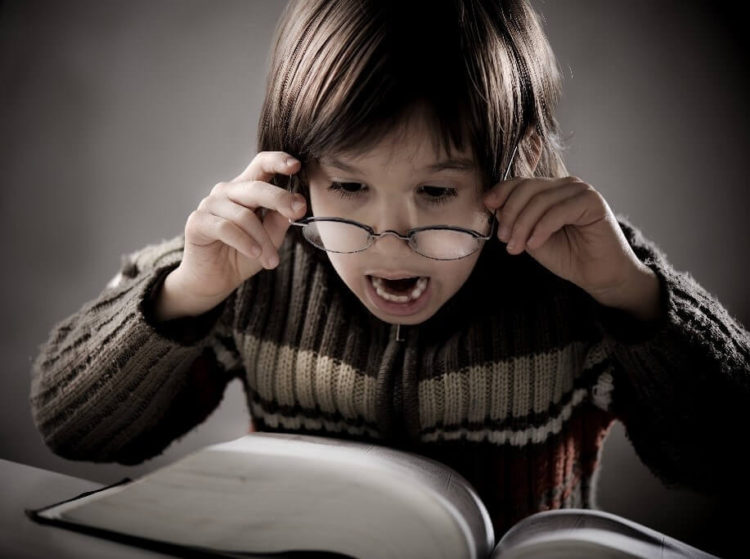
Here are a few of the signs of weak auditory processing. To learn more, go to Auditory Processing Disorder @ The Child Mind Institute.
What Signs Indicate that my Child May Have Auditory Processing Difficulties?
- Needing simple or repeated instructions.
- Taking a long time to respond to a question.
- Poor short-term auditory memory – i.e. trouble repeating simple rhymes.
- Weak vocabulary.
- Delayed speech and language.
- Weak, flat, or monotone voice.
- Reading, writing, and spelling difficulties.
Have you noticed:
- Letter or number reversals.
- Poor sense of balance or rhythm.
- Left and right confusion.
- Restless, fidgeting, and/or very active behavior.
- Daydreaming.
Auditory Processing is Important!

Have fun exploring, creating, and discovering sounds!
Laurie
p.s. I have started a few posts reflecting on Life Events.

